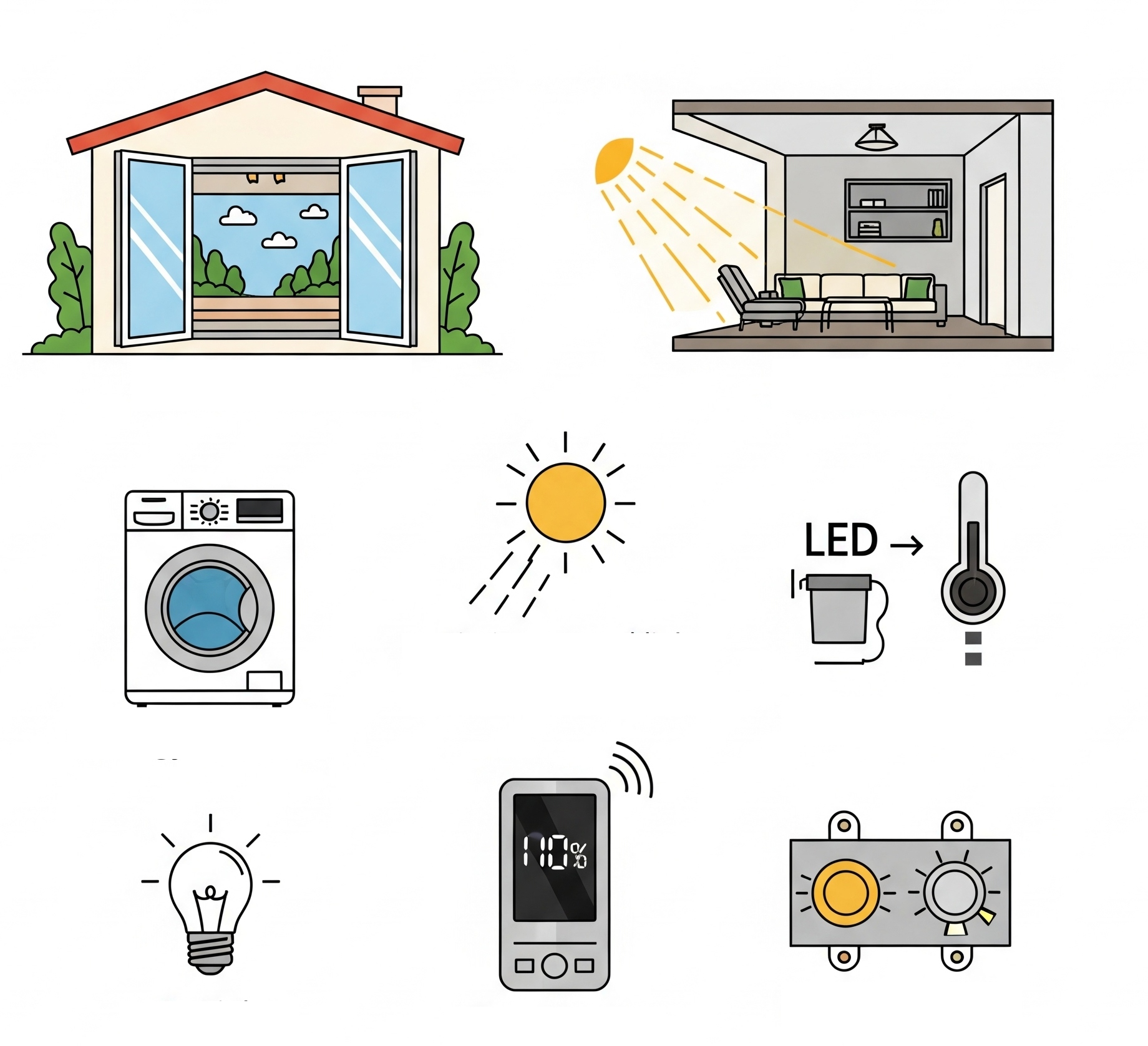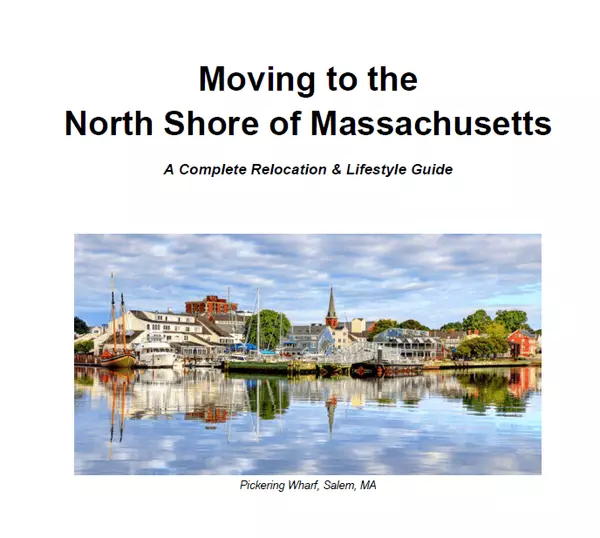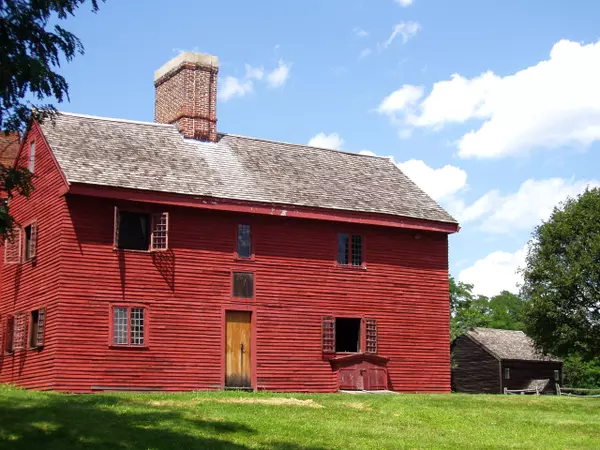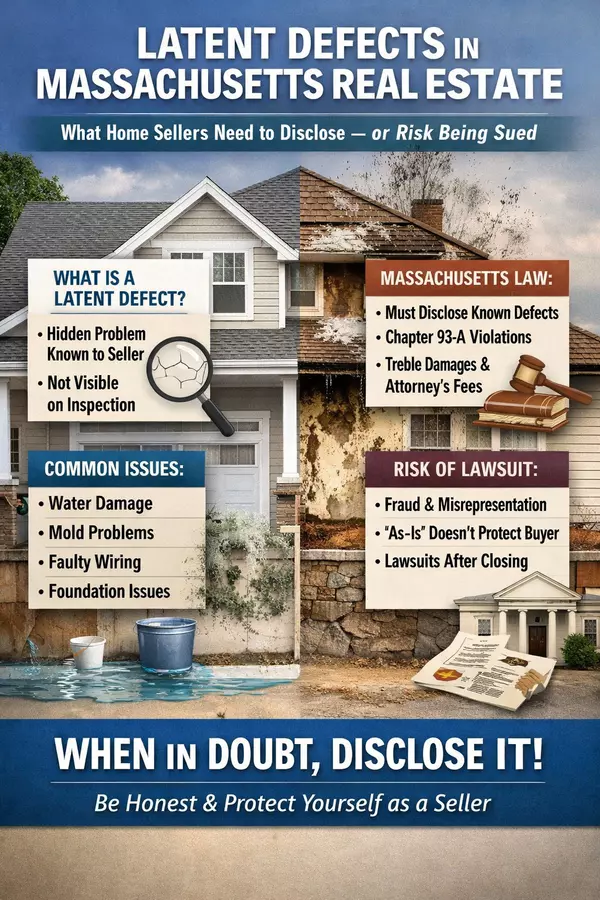How to Use Less Electricity in the Summer Heat with the AC Running Constantly

How to Use Less Electricity When Your Electric Bills and the Heat Soar
Summer is here, and with it often comes scorching temperatures and, for many, a dreaded spike in electricity bills. When the AC is working overtime, it's easy to feel like you're caught between staying cool and emptying your wallet. But fear not! There are plenty of smart, actionable steps you can take to reduce your electricity consumption without sacrificing your comfort.
Here's how to beat the heat and keep those energy costs in check:
1. Master Your Thermostat (and Consider an Upgrade!):
- Set it higher: This is the golden rule. Aim for 78°F (25.5°C) when you're home and even higher (around 80-82°F or 26.5-28°C) when you're away or sleeping. Every degree you raise it can save you 4-8% on cooling costs.
- Program it: If you have a programmable thermostat, use it! Set a schedule to automatically adjust temperatures when you're not home.
- Go smart: Smart thermostats learn your habits and can be controlled remotely via your phone, offering even greater savings and convenience.
- Check placement: Ensure your thermostat isn't located near heat-generating appliances or in direct sunlight, which can trick it into over-cooling.
 2. Maximize Airflow and Natural Cooling:
2. Maximize Airflow and Natural Cooling:
- Utilize fans: Ceiling fans can make a room feel 4 degrees cooler, allowing you to raise your thermostat setting without feeling warmer. Ensure they're spinning counter-clockwise in the summer to push cool air down.
- Open windows strategically: If temperatures drop significantly at night or in the early morning, open windows to let cooler air in and create a cross-breeze. Close them as soon as the temperature starts to rise.
- Improve insulation and seal leaks: Proper insulation in your walls and attic, along with sealing air leaks around windows, doors, and ductwork, prevents cool air from escaping and hot air from entering. Weatherstripping and caulk are your best friends here!
- Keep interior doors open: This helps circulate air and balance the pressure throughout your home, allowing your AC to work more efficiently.
3. Combat Solar Heat Gain:
- Close blinds and curtains: Block direct sunlight during the hottest parts of the day (typically 10 AM to 4 PM). Drapes can reduce heat gain by up to 33%, and blinds up to 45%.
- Consider awnings or exterior shading: These can significantly reduce the amount of sun hitting your windows.
4. Be Mindful of Appliances and Lighting:
- Avoid heat-generating appliances during peak hours: The oven, dishwasher, and clothes dryer produce a lot of heat. Try to use them in the cooler evening hours or, even better, cook outside on a grill or air-dry your dishes and laundry.
- Unplug "vampire" electronics: Devices plugged in even when not in use (like phone chargers, TVs on standby) still draw power. Use smart power strips or unplug them when not needed.
- Switch to LED lighting: LEDs use significantly less energy and produce less heat than traditional incandescent bulbs, saving you money on both lighting and cooling.
- Turn off lights: A simple habit that makes a big difference, especially with older bulbs that generate heat.
5. Maintain Your Cooling System:
- Change air filters regularly: A dirty filter forces your AC to work harder and less efficiently. Change or clean them monthly during heavy use periods.
- Schedule professional HVAC maintenance: An annual tune-up ensures your system is running at peak efficiency, preventing costly breakdowns and saving energy.
- Clean coils: For your refrigerator, regularly cleaning the condenser coils helps it run more efficiently.
By implementing these tips, you can enjoy a cooler home, a lighter electricity bill, and a more comfortable summer. Start small, track your progress, and you'll be surprised at the difference you can make!
Jim Armstrong
Armstrong Field Group
Aluxety Real Estate
https://armstrongfield.com/
Categories
- All Blogs (102)
- Beverly, MA (5)
- Buying a Home (44)
- Condos For Sale (3)
- Danvers, MA (1)
- Home Ownership (28)
- Homes For Sale (7)
- Living on the North SHore (12)
- Mortgages (4)
- Prospective Real Estate Agents (1)
- Real Estate Careers (8)
- Real Estate Market Conditions (20)
- Real Estate School (1)
- Salem, MA (7)
- Selling a home (50)
Recent Posts












